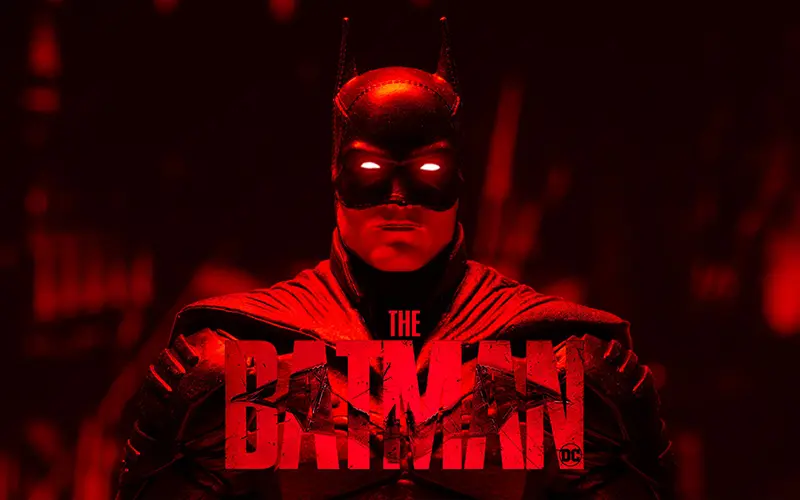Mythic Shadows: The Dark Brilliance of The Dark Knight Trilogy
Christopher Nolan’s *The Dark Knight Trilogy* redefined superhero cinema, trading spandex for soul-searing philosophy. These films aren’t about a man in a bat costume—they’re a mirror held to society’s fractures, asking how far we’ll go to keep the light alive in an age of chaos.
It began in the shadows. *Batman Begins* (2005) wasn’t an origin story; it was a rebirth of grit. Christian Bale’s Bruce Wayne emerged not as a playboy, but as a wounded soul scaling mountains to confront his fear. The League of Shadows’ chilling mantra—“*Compassion is a weakness*”—forced audiences to question: Can justice exist without brutality? Batman’s answer—a flaming monolith crashing into Gotham’s train—wasn’t just action; it was a declaration: Heroes are flawed. And that’s their power.
The Dark Knight
Then came the storm. *The Dark Knight* (2008) wasn’t a sequel—it was a cultural detonation. Heath Ledger’s Joker, a agent of anarchy with smeared makeup, didn’t want money or power. He wanted to prove that “*madness is like gravity.*” The ferry scene—a moral standoff with bombs—became a litmus test for humanity. But the film’s genius lay in Harvey Dent’s fall. “*You either die a hero or live long enough to see yourself become the villain*” wasn’t a line—it was a prophecy, fulfilled as Two-Face’s coin glinted in the dark.
Nolan’s Gotham was a character: a city rotting beneath skyscrapers. *The Dark Knight Rises* (2012) pitted Batman against Bane, a villain whose revolution masked fascism. Selina Kyle’s smirk—“*There’s a storm coming*”—wasn’t just wit; it was a warning about inequality’s powder keg. Bruce’s climb from the pit, no rope, no music—just a chant of “*Rise*”—transcended comic books. It was Sisyphus reborn, a billionaire becoming everyman.
The trilogy’s soul, however, lay in Alfred. His tears at the Wayne graves—“*I failed you*”—and his final café smile as Bruce faked his death grounded gods in human love. The Bat-Signal’s destruction wasn’t an ending; it was a hope that Gotham could outgrow its savior.
Beyond Gotham, the trilogy’s legacy is seismic. It paved the way for antiheroes, from *Joker* (2019) to *The Batman* (2022). Its themes—surveillance ethics, societal collapse—feel eerily prescient. Yet its heartbeat remains Bruce’s journey: not a hero’s tale, but a broken man’s quest to turn trauma into meaning.

The Dark Knight Trilogy’s magic isn’t in explosions, but in questions. What is justice when institutions crumble? Can we heal without vengeance? By letting Batman “die” and letting a orphaned cop inherit the mantle, Nolan whispered: Heroes aren’t immortal—but ideals can be. And in a world teetering on chaos, that whisper is a roar.